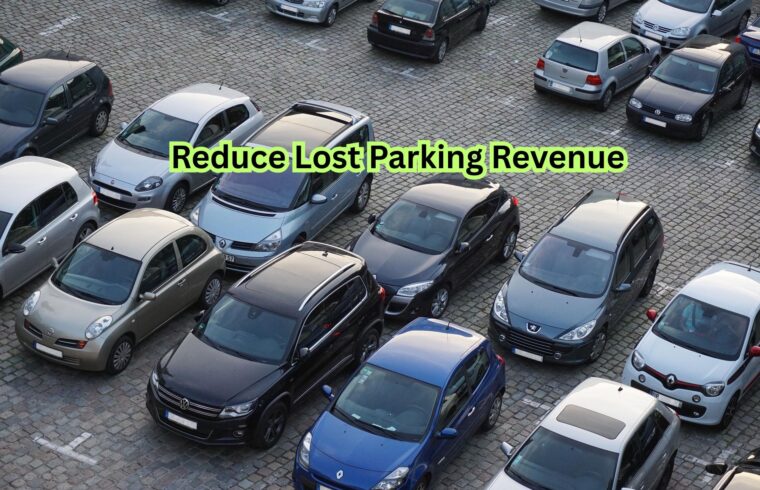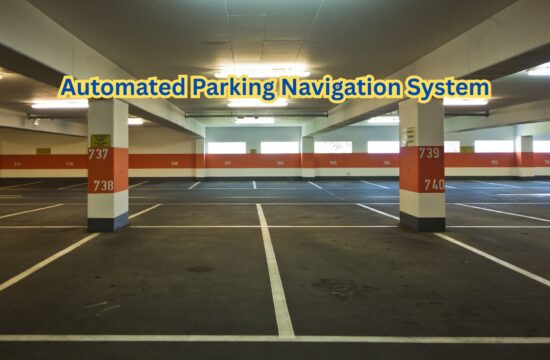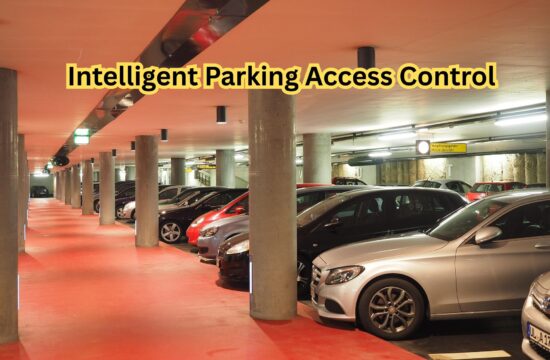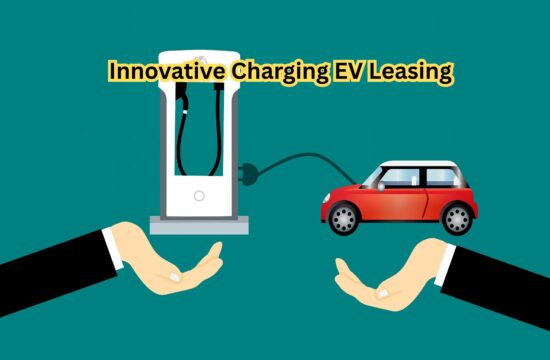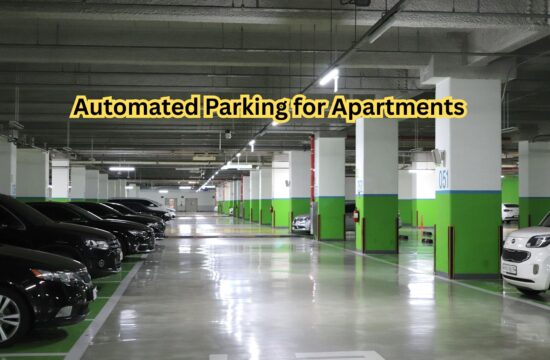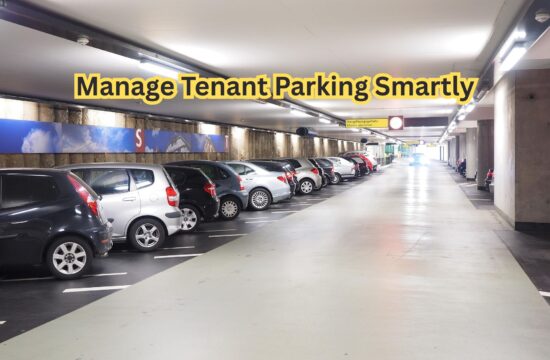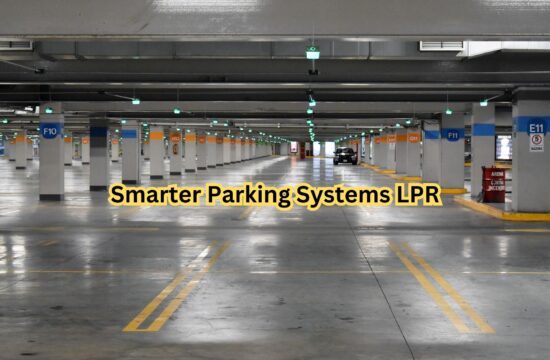Reduce Lost Parking Revenue is the first step toward a more efficient and profitable parking system. Finding the locations of losses is crucial to Reduce Lost Parking Revenue, as unauthorized parking, manual payment processing, and ticketing errors are frequent problems. By identifying these weak points through routine audits and transaction data analysis, operators can take action before they have an impact on overall profitability and effectively Reduce Lost Parking Revenue.
Implement Automated Payment Systems
Automated payment systems guarantee precise revenue collection and remove human mistake. Parking businesses can expedite transactions by integrating mobile apps, credit cards, and contactless payments. These solutions encourage more users to pay digitally and lessen reliance on physical cash handling by improving customer convenience while also minimizing leakage.
Use License Plate Recognition (LPR) Technology
By tracking vehicles as they enter and depart parking lots, license plate recognition (LPR) systems help prevent illicit use. To guarantee that each vehicle has a current payment history, LPR interfaces with payment systems. This automation guarantees that every parking session is accurately billed, reduces fraud, and stops free rides.
Monitor Occupancy in Real Time
Operators can keep track of which locations are occupied and which are empty with real-time occupancy monitoring. Managers can swiftly spot revenue disparities and uncover unusual usage trends by integrating sensor-based systems with software dashboards. Better control and a decrease in losses from unmonitored parking places are made possible by this data-driven strategy.
Offer Digital Receipts and Records
The transparency provided by digital receipts is advantageous to both operators and users. By creating a traceable record of each transaction, they increase responsibility and reduce disagreements. When all payments are done electronically, it is easier to balance daily collections and spot missing funds, strengthening the overall financial integrity of the parking system.
Conduct Regular Data Analysis
Finding trends, busy times, and irregularities in payment habits are all made easier with data analysis. Operators can identify any revenue gaps early on by using sophisticated analytics techniques. Findings from these analysis can help direct pricing tactics, increase occupancy rates, and eventually stop financial leaks that could otherwise go undetected.
Integrate Centralized Management Systems
Payment, monitoring, and reporting tools are all connected in one location by a centralized management system. It guarantees that all transactions are synchronized, streamlines audits, and provides operators with a comprehensive picture of parking operations. By preventing data mismatches and improving accuracy, this integration dramatically lowers revenue losses brought on by disjointed systems.
Encourage Online Pre-Booking
By allowing online pre-booking, the likelihood of unpaid sessions is decreased because payment is received in advance. Additionally, this technology offers real-time occupancy insight and aids in the efficient management of space distribution. Operators can improve revenue forecasting and reduce losses from manual or late payments by using online pre-booking.
Perform Routine Maintenance and Upgrades
Outdated or broken machinery frequently causes missed payments. Routine maintenance of payment systems, gates, and sensors ensures continuous operations. Upgrading to modern, reliable technology reduces downtime, improves customer satisfaction, and protects income from loss caused by technical difficulties or system failures.

